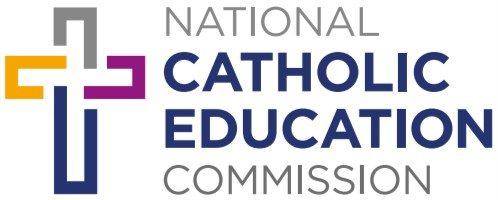In the first edition of our Teachers Who Inspire feature, the NCEC speaks with David Graham, Principal of Our Lady of the Sacred Heart School in the Torres Strait, Queensland. With over 20 years of experience in education, David brings a wealth of knowledge and leadership to his role. His background spans both primary and secondary teaching, with specialties in religious education, music and the arts, sports, and humanities. Over the years, he has served in a range of leadership roles—including assistant principal, liturgical leader, head of department, and year level coordinator—each contributing to his holistic, faith-driven approach to education and school leadership.
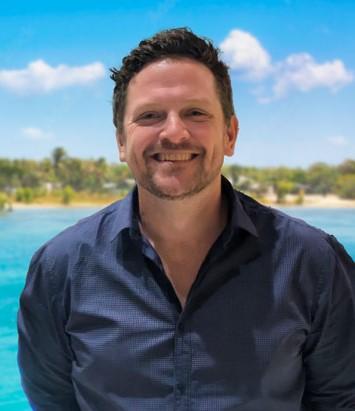
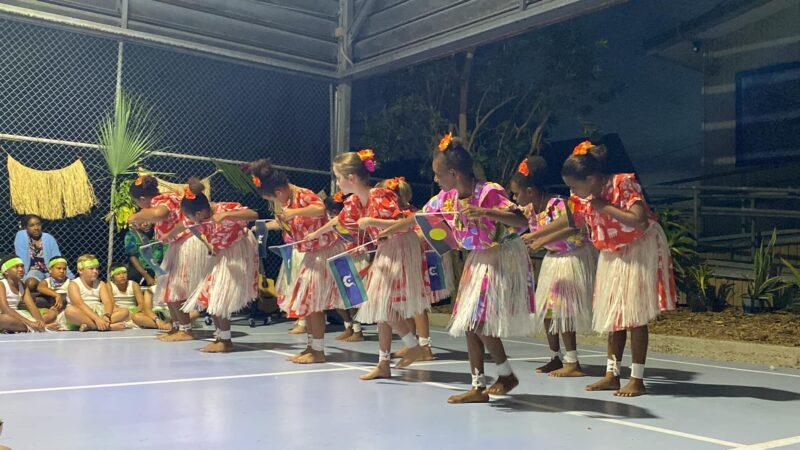
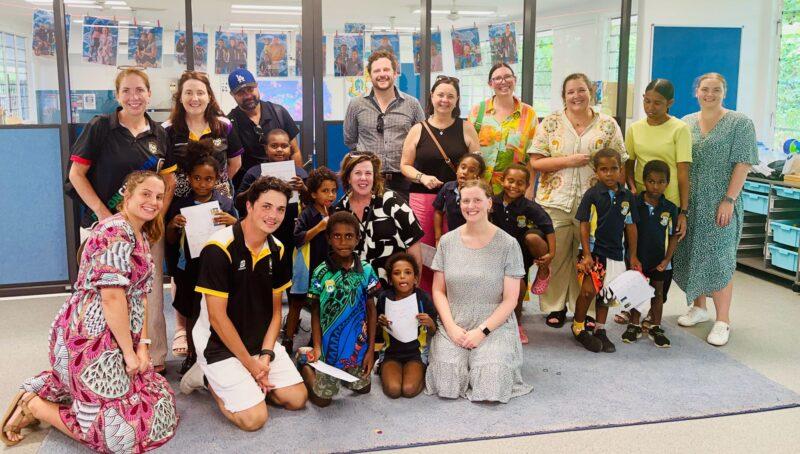
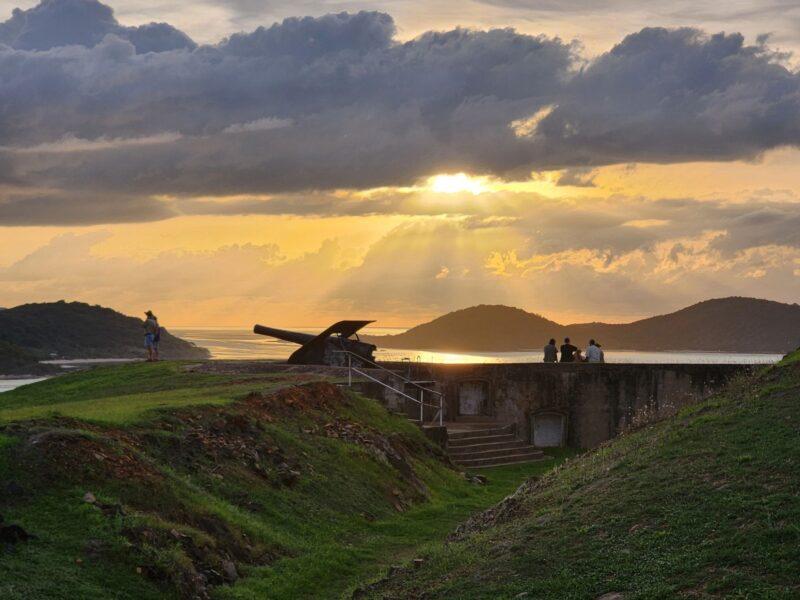
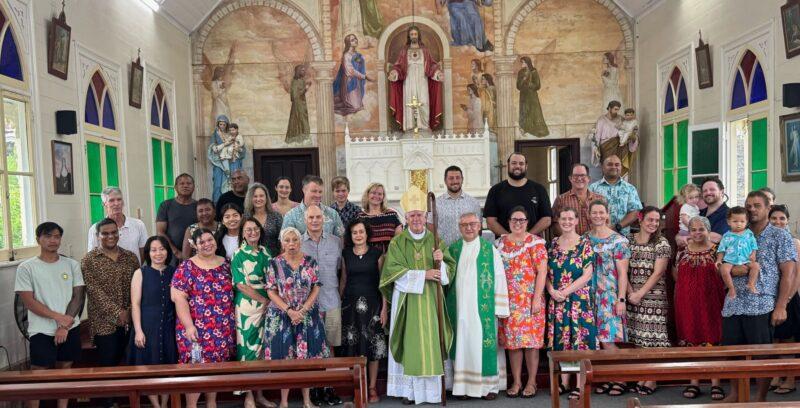
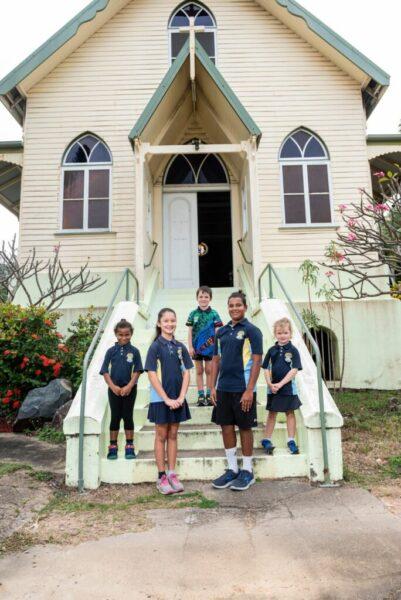
What inspired you to become a teacher?
As a Queensland State school system pupil, my faith journey was not by chance. The absence of formal religious education and the sanctuary of like-minded peers compelled me to engage with my faith more intentionally and mature into it at an accelerated pace. And, while deeply supported by the faith of my own family, I came to understand the importance of one’s faith community. All schools can teach invaluable lessons about the nature of difference, the necessity of tolerance, and the importance of embracing one’s identity with confidence. However, I firmly believe that only Catholic education offers a harmonious integration of faith, culture, and intellectual growth. Places that intentionally cultivate young people who are firmly grounded in their faith identity both of and open to the world. This vision for education led me to Catholic education and continues to inspire my vocation today.
Can you share a memorable moment in your career where you felt you made a difference?
One of the most rewarding moments of my career has been the foundation of a city-country partnership between Our Lady of the Sacred Heart, St Finbarr’s Primary and St Thomas More College. This partnership, formed in collaboration with the Yadha Muru Foundation, involves remote students collaborating with peers from high-performing city schools using the medium of cutting-edge Science and Technology projects. In a powerful example of learning beyond the classroom, our students, in return, will share their cultural knowledge, language and stories of their ancestors, seafaring peoples who have survived thousands of years in the hostile yet picturesque waters of the Torres Strait. Along with Catherine Connors of St. Finbarr’s and Les Conroy of St. Thomas More, we hope to build a generation of confident innovators, leaders, and change-makers; young people armed with the academic and people skills to lead and enrich future generations of Australians.
Can you tell us a story from your teaching career that inspired you or affected you in a profoundly positive way?
Early in my career, I took a leap of faith and moved to the Northern Territory to help establish a new school, freshly named after the recently canonized St. Mary MacKillop. The students I encountered were as diverse as the landscape around Darwin, each bringing their own challenges and potential.
Initially, I had moved to develop an arts program, but it quickly became apparent that our school needed more avenues for our young people to experience success. As a rugby tragic, I used what opportunity sport could be another vehicle to drive engagement. What started as a small idea quickly gained momentum, evolving into a thriving sports association with multiple teams competing across Darwin. While the arts program flourished, it was our rugby program that became a game-changer. It was built around students often labelled as ‘naughty’ or ‘difficult,’ the ones other schools might have turned away. But on the field, they found purpose, discipline, and a sense of belonging. Many of those students went on to become school leaders, industry professionals in the NT and beyond, and, most rewardingly, lifelong members of our school community. Some even returned to work at the college, funnily enough, some of which, at one point, had been on the brink of expulsion!
This experience reinforced for me that education isn’t just about academics; it’s about creating opportunities that empower students to see themselves in a different light. Sometimes all it takes is the right opportunity to get them there.
What do you find most rewarding about teaching in a Catholic school, and how do you see it impacting your students’ growth?
Our commitment to the formation of the whole person; intellectually, morally, and spiritually. As an extension of the Church’s mission, Catholic schools uphold a tradition of faith and learning that has shaped lives for over 2,000 years. They are places of welcome, open to all, where educators are called to lead with integrity, purpose, and a commitment to something greater than themselves.
In Catholic schools, students don’t just achieve academically, they grow in faith, character, and leadership. They develop a strong sense of identity, an appreciation for their unique and collective heritage, and develop a deep understanding of what it means to live with purpose.
It is inspiring to witness students embrace their potential and engage with their faith in meaningful ways, growing into confident individuals who lead with integrity and purpose. Few callings are as impactful as one that empowers young people to serve others with wisdom and compassion, strengthening both their communities and their own sense of vocation. And as an educator, you are an essential part of this mission.
How does your faith influence your approach to teaching?
Faith is the foundation of everything I do as an educator and leader. It guides my decision-making, the daily interactions with students and staff, and the vision for my school community. At the very centre of this is my belief that Catholic education is more than just academic achievement. It is about forming a community of people who are compassionate, resilient, and committed to making a difference in the world. My faith reminds me daily that education is a calling and vocation and that every one of us is a reflection of God’s great love.
As a Catholic school leader, what do you believe is the most critical aspect of education that helps elevate the value of teaching in society?
Education is one of the most potent tools in shaping ethical, compassionate leaders for the future. In Catholic education, we elevate teaching by fostering a mission-driven approach. This approach is grounded in our belief that we are called to form young people to seek truth, serve others, and act with justice. It’s not just about imparting knowledge but creating servant leaders who are instilled with values that will guide them for a lifetime. Our role as educators extends far beyond the classroom; we are quite literally shaping the future of our communities.
